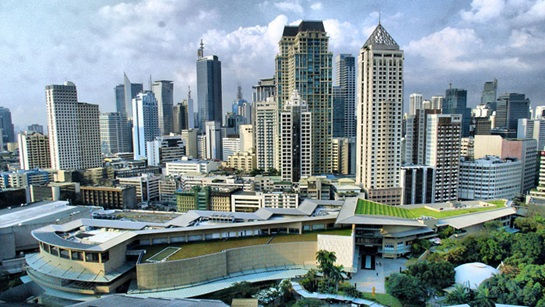Financing climate adaptation in the Philippines: the value of nature
- Jadeson Ortega
- Jul 30, 2021
- 1 min read
Updated: Jan 31, 2022
The Philippines is one of the world’s most vulnerable countries to climate change, with USD 5 billion of GDP at risk from increased typhoons over the next 10 years. Nature in the Philippines represents a valuable cost-effective tool for climate adaptation: Mangroves have been found to be as much as fifty times cheaper than building and maintaining a coastal cement seawall, and restoring them could yield $450 million per year in flood-protection benefits. However, these values are not yet factored into the country’s main financing and investment institutions: the Philippines has already lost 50% of its mangroves to deforestation.
Starting in 2017, Earth Security, with funding from the international climate fund (IKI) of Germany’s Federal Ministry of the Environment, Nature Conservation and Nuclear Safety developed a research and strategic partnership programme to mobilise finance decision-makers in the Philippines to recognise the value nature-based adaptation. In 2020, in partnership with the Philippines’ government and the Asian Institute of Management, Earth Security has launched:
Source: earthsecurity.org





Comments